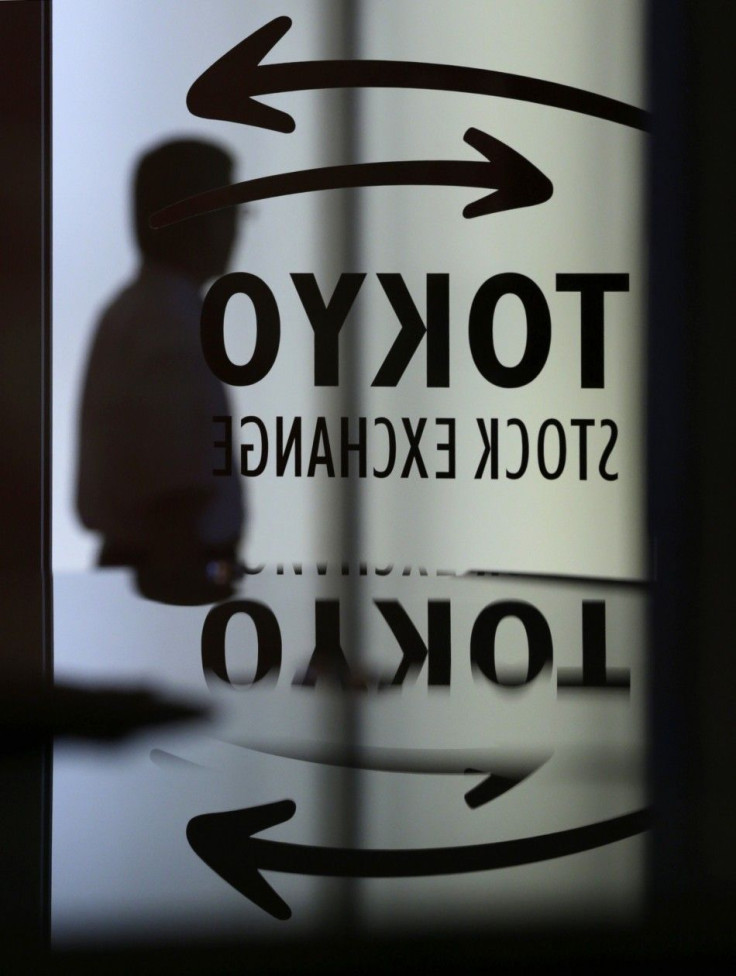Asian Stock Markets Advance On Fiscal Cliff Hopes

Asian stock markets advanced Tuesday as sentiment turned positive overnight following indications that negotiations over the U.S. fiscal cliff are progressing.
Japanese benchmark Nikkei surged 0.96 percent or 94.13 points to 9,923.01, South Korean KOSPI Composite gained 0.51 percent or 10.02 points to 1993.09 and India’s BSE Sensex gained 0.50 percent, while Chinese Shanghai rose 0.09 percent, and Hong Kong's Hang Seng slipped 0.19 percent
Markets opened on a positive note, following the overnight rally on Wall Street with the Standard & Poor and Nasdaq composites gaining more than 1 percent as investor sentiment turned positive on news that Democrats and Republicans are advancing in their agreement to reach a middle ground to prevent the scheduled rise in tax rates and spending cuts from plunging the US economy into recession early next year.
President Obama and House speaker Boehner met overnight for the third time to discuss the impending fiscal cliff and appeared to get along relatively well. Over the weekend, Boehner softened the Republicans' position on tax hikes for the rich on certain conditions, now Obama is reported to have made a counter proposal that includes a major change in proposal on tax hikes for the wealthy to break the budget impasse.
Japanese shares continued to rally for the second day after the pro-stimulus Liberal Democratic Party (LDP) led by Shinzo Abe won the elections with more than two-thirds of the 480 seats. Investors are hoping for LDP to announce stimulus measures that are much-needed to revive the economic growth momentum in Japan.
“We are now getting some signs at least that negotiations are continuing, and that is a positive development. There’s a view that the Bank of Japan will become a little more aggressive in terms of asset purchases and (is) really trying to depreciate the yen, so that could certainly help the Japanese market particularly,” Belinda Allen, a senior investment analyst at Colonial First State Global Asset Management in Sydney, told Bloomberg.
Meanwhile, foreign direct investment (FDI) inflows into China fell in November in comparison to the same period last year as investors who are concerned about the global economic condition cut down on spending. According to the data released by the Commerce Ministry Tuesday, China's FDI inflow declined 5.4 percent on annual basis to $8.29 billion in November.
Export companies rallied in Japan owing to a weaker yen. Sharp Corp. climbed 8.64 percent and Olympus Corp. surged 6.15 percent while Canon Inc. gained 3.34 percent.
Metal and energy firms advanced in Hong Kong. Kunlun Energy Co Ltd. gained 1.28 percent and Aluminum Corp of China Ltd. rose 0.57 percent while Jiangxi Copper Co Ltd. gained 0.73 percent.
In Seoul, Hyundai Steel Co surged 2.10 percent and Samsung electronics Co Ltd. gained 0.80 percent while Hyundai Motors fell 0.44 percent.
© Copyright IBTimes 2024. All rights reserved.











